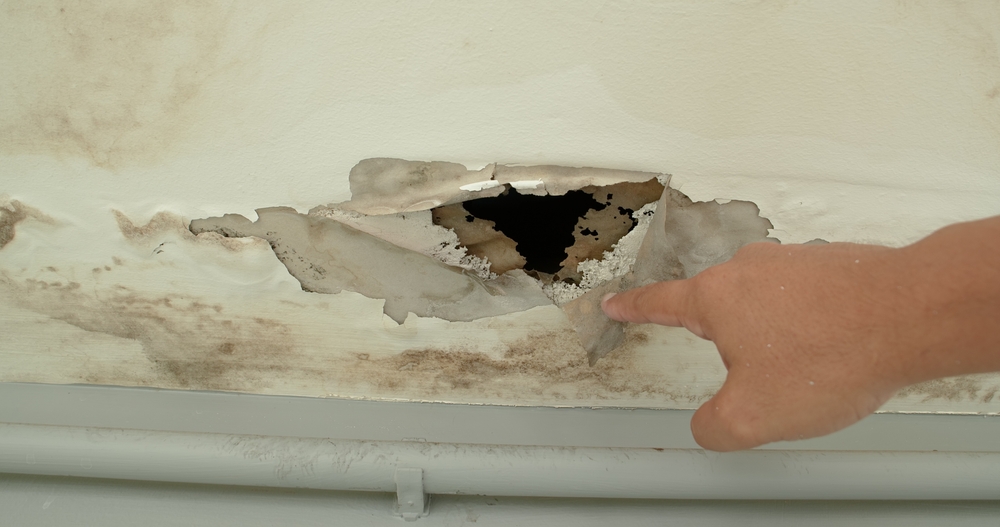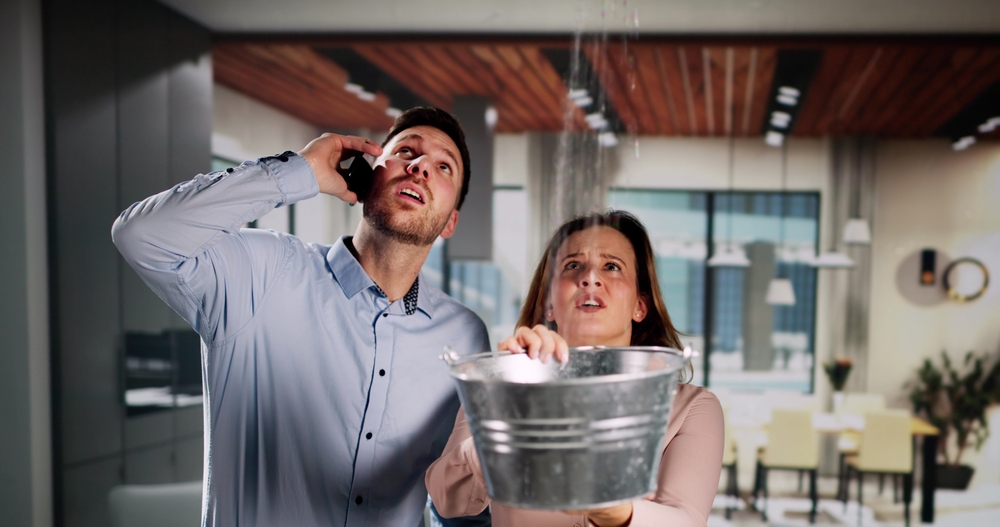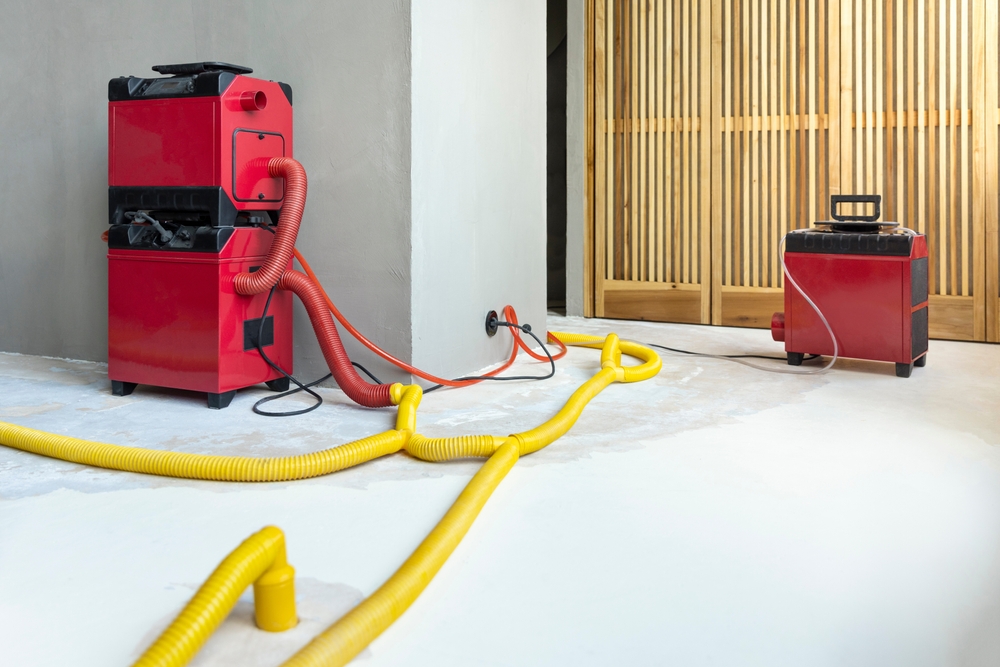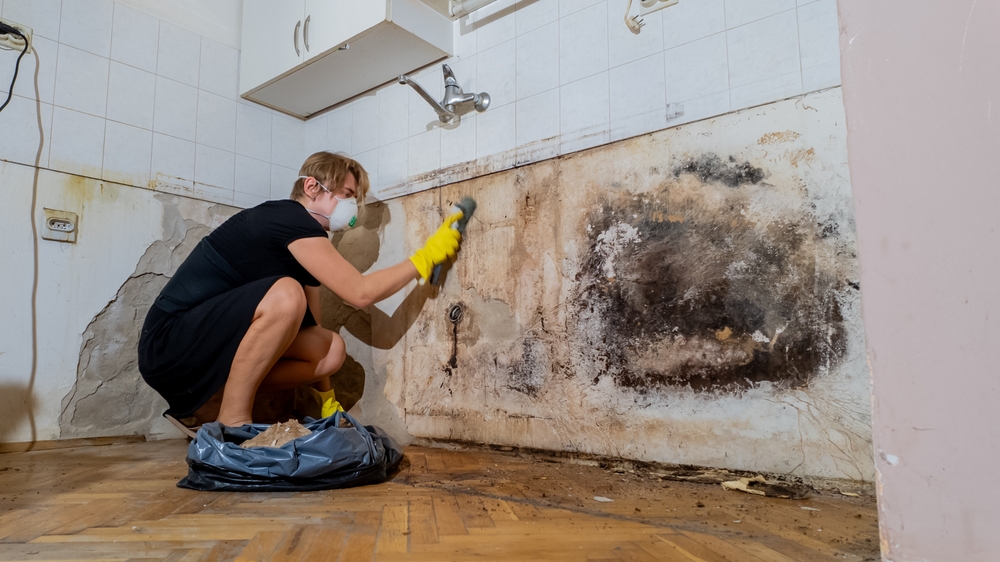Changing weather patterns and climatic changes are driving increased frequency and intensity of heavy rainfalls. These storms carry increased chances of water damage to residences, businesses, and personal items. Overwhelmed drainage systems can cause expensive structural damage, water flooding of basements, and weakening of foundations. Beyond only physical damage, the aftermath of water damage could involve health risks like mold development and tainted water, so early preparation is even more important.
Fortunately, quick response during and after a storm and early preparedness help to greatly lessen flood damage. Simple steps like looking over your house and compiling emergency supplies will help to greatly protect your property. Rapid reactions during the storm, such tracking weather warnings and fixing leaks right away, help to reduce immediate hazards. Following procedures to dry your house, evaluate the damage, and get expert help will help to guarantee a quicker recovery once the storm passes.
Before, during, and after significant rainfalls, this thorough handbook offers doable advice to help you safeguard your house from water damage during heavy rainstorms. Whether you rent or own your house, following guidelines will help you to reduce hazards, negotiate obstacles, and rapidly return your house to safety.
Introduction
More than just a nuisance, heavy rainstorms seriously compromise homes and personal safety. From great structural damage to flooding and water intrusion, they carry a great spectrum of hazards. For both tenants and homeowners, the emotional and financial load resulting from storm damage can be taxing. The best ways to reduce these hazards and safeguard your property as well as your loved ones are quick response and thorough preparation.
This guide will walk you through key actions to get ready for a storm, keep safe and alert during heavy rain, and bounce back quickly following a storm. These ideas will help you to control long-term damage and manage water-related crises. Let’s first look at ways you might strengthen your house against possible hazards.

Before the Storm
First line of protection against water damage is preparation. When a storm strikes, proactive action can save stress, money, and time.
1. Inspect Your Home
Look closely to find and fix weaknesses:
- Clean Gutters and Downspouts: Remove leaves and trash to make sure rainwater runs freely and doesn’t pool close to your foundation. Overflows brought on by clogged gutters can compromise walls and ceilings.
- Examine the Roof: Look over the roof for cracks, weak areas, or missing shingles. Taking quick care of small problems helps to stop more serious leaks during heavy rain.
- Seal Cracks and Gaps: Seal cracks and gaps around windows, doors, and the foundation to stop water access with weatherproof caulk.
- Ensure Proper Drainage: Make sure the ground around your house slopes away from the foundation to stop seepage and water pooling.
2. Gather Emergency Supplies
Prepare for potential emergencies with essential supplies:
- Sandbags or Flood Barriers: Place them around susceptible access points like doors and windows.
- Flashlights and Batteries: Keep these handy for power outages.
- First-Aid Kit and Medications: Ensure you have critical medical supplies and medications.
- Waterproof Storage: Store vital documents such as insurance policies and IDs in waterproof containers to safeguard them from damage.
During the Storm
When heavy rain begins, remaining watchful and taking early action can safeguard your property and preserve your family’s safety.
1. Monitor the Situation
Remain current with the state of the weather and possible threats.
- Follow Local Alerts: See local alerts for weather updates and pay attention to flood warnings or evacuation orders.
- Avoid Flooded Areas: Never drive or walk over flooded streets; water depth and hazards can be misleading.
- Stay Indoors: Limit outside activities to help prevent hazards from lightning, strong winds, or falling trash.
2. Protect Your Home
Try to reduce storm-related water damage by:
- Elevate Valuables: Move furniture, appliances, and other valuables to higher ground or above levels.
- Turn Off Utilities: Turn off gas and electricity to avoid problems should water find its way into your house.
- Inspect for Leaks: Regularly check windows, doors, and ceilings for signs of water infiltration, addressing them immediately if possible.
3. Prioritize Safety
Your safety should always come first:
- Avoid Contact with Floodwaters: These may contain sewage, chemicals, or hidden hazards like sharp debris and live wires.
- Evacuate If Necessary: Follow official evacuation orders if conditions become dangerous, ensuring you have your emergency kit with you.

After the Storm
Once the storm has passed, it’s time to examine and address the water damage. Quick action is vital to minimize long-term difficulties.
1. Assess the Damage
Carefully assess your home to identify the degree of water damage:
- Check for Standing Water: Identify flooded areas and assess the severity.
- Inspect Structural Integrity: Look for cracks, sagging ceilings, or weakened walls.
- Avoid Hazards: Be cautious around standing water, particularly near electrical outlets or appliances.
2. Mitigate the Damage
Move fast to stop more issues from arising.
- Remove Water Promptly: As soon as standing water needs to be removed, use towels, wet vacuums or pumps.
- Dry Affected Areas: Open windows, use fans, and use dehumidifiers to dry affected areas and stop mold development.
- Discard Damaged Items: To prevent mold and smells, throw away irreparable goods such drenched furniture and carpets.
3. Seek Professional Help
Often the best line of action for significant water damage is to bring in experts:
- Water Extraction and Repairs: Restoration businesses have the means to effectively remove water, dry the property, and manage repairs.
- Mold Prevention: Professionals can identify and stop mold growth, therefore averting health problems.
- Insurance Assistance: Restoring businesses can expedite the process by documenting damage for insurance claims.
Prevention and Long-Term Measures
Reducing the possibility of future water damage calls both constant maintenance and careful design.
1. Regular Maintenance
Maintaining resilience of your house depends on regular maintenance:
- Clean Gutters and Downspouts Regularly: Plan at least twice a year cleanings of gutters and downspouts to avoid obstructions.
- Repair Roof Leaks Quickly: Deal with little problems before they become more serious.
- Improve Drainage Systems: Maintaining appropriate grading and installing drainage solutions if necessary will help to guarantee that water runs away from your foundation.
2. Consider Flood Insurance
Many basic homeowner’s insurance policies exclude damage resulting from floods. Look at flood insurance choices to guard your property and possessions if you reside in a flood-prone area.
3. Emergency Preparedness Plan
Create and rehearse a strategy for major storms.
- Identify Safe Areas: Know where in your house you should hide from flooding or intense rain.
- Assemble an Emergency Kit: Put food, drink, flashlights, blankets, and other basics in an emergency kit.
- Sign Up for Alerts: Through local emergency alert systems, keep updated on advisories and weather conditions.

Conclusion
Although strong rainstorms can produce overwhelming water damage, rapid action, awareness, and preparedness help to lower risks and shorten the recovery period. Examining your house, stocking emergency supplies, and developing an emergency plan will help you to withstand storms and guard your belongings.
See a qualified water damage restoration firm if there is major damage. Their knowledge can help to simplify and improve the healing process.
Philadelphia Restoration Services
https://www.google.com/maps?cid=3399342399556699153
+1 267 668 0013
https://philadelphiarestorationservices.com/

